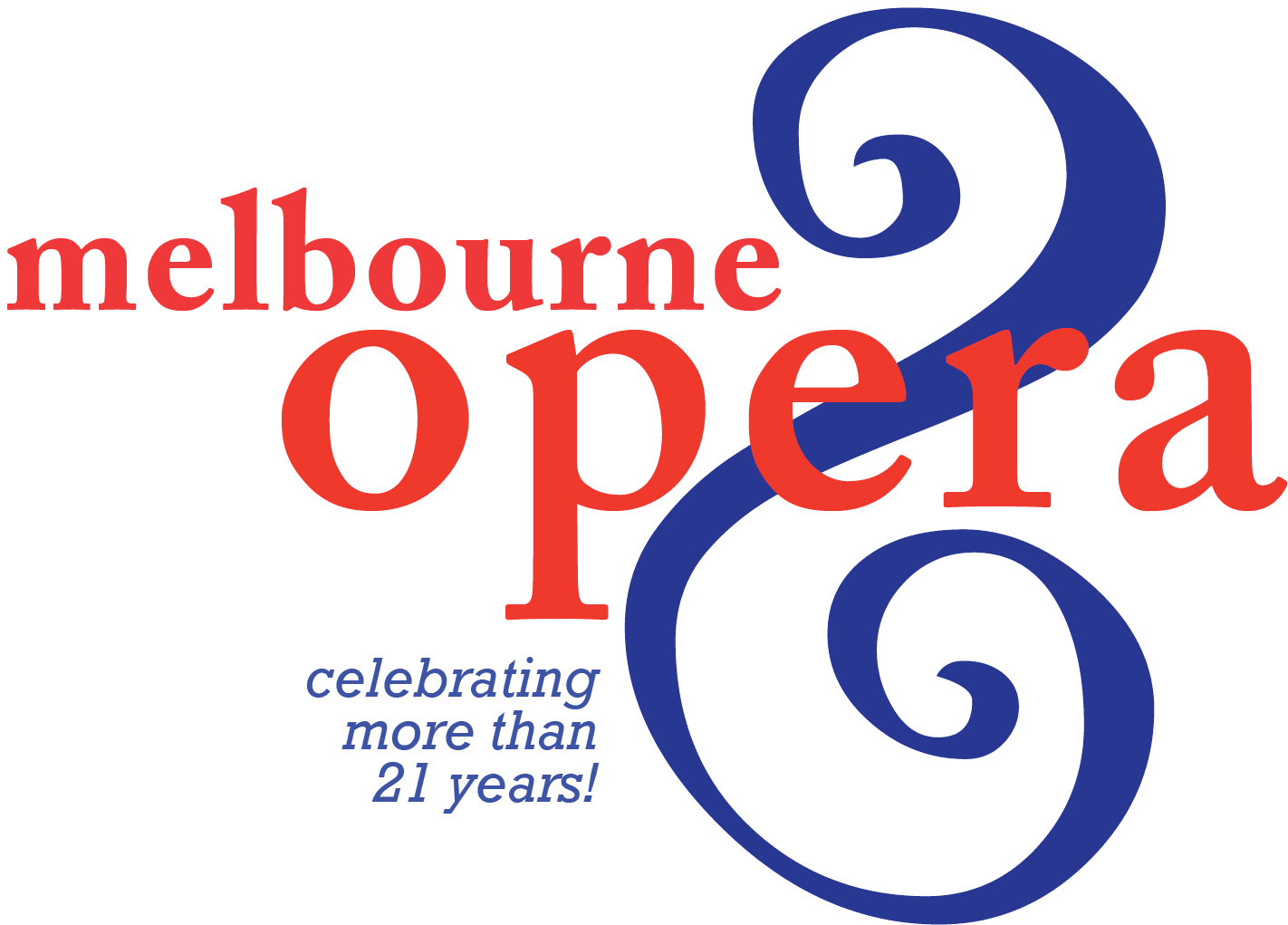Production Details
Dates:
March 5 – 16th, 2008.
Venue/Tour:
Athenaeum Theatre, Melbourne. Hobart, Launceston, Benalla, and Warrnambool.
Composer: Giacomo Puccini.
Conductor: Greg Hocking, Rick Prakhoff.
Director: Hugh Halliday.
A superb all-star cast including Alison Rae Jones, Roy Best, James Egglestone, Philip Calcagno, Maxine Montgomery, Lee Abrahmsen, Lucas de Jong, Roger Howell and Ian Cousins brings the most romantic of all operas to life in a beautiful new production, sung in English. La Boheme features some of the best loved arias and ensembles of all time including “Your tiny hand is frozen”, “They call me Mimi” and “Musetta’s Waltz Song”.
Production/Director’s Notes:
An anonymous geographer in the middle of the 19th century described Bohemia as a district in the department of the Seine bordered on the North by cold, on the West by hunger, on the South by love and on the East by hope. It is more commonly known as the Latin Quarter of Paris, so named in the middle ages because Latin was the common language of the students who lived there. And it wasn’t long before it became the preferred habitat of artists and writers as well. A few hundred years later, in 1838 it also became the home of the young writer Henri Murger, author of Scenes de la Vie de Boheme, published in serial form from 1845, when he was only 23 years old, to 1849.
These stories became enormously successful, for it was probably the first time Bohemian life was described to the outside world. In 1849 the stories were turned into the play Vie de Boheme and in 1851 published in book form as La Vie de Boheme.
Puccini’s opera La Boheme – based on Murger’s book and first performed in 1896 – did not receive the same instant success as Murger’s prose. The critics pooh-poohed it as ’flippant and trivial’. This had a lot to do with the musical trend of the time, for the whole of Europe was under the spell of Wagnerism. So it was no wonder that this ’short’ and ’sordid’ tale of Bohemian’s love life found no place in the high-blown sophisticated idealism of the day. Thankfully La Boheme has survived those early critics by more than a century; and there is, I believe, more than one reason for this. Firstly, the story lines or plots of the majority of operas are based on myths, legends, heroism, unrequited love, murder and revenge – all jolly good stirring stuff! – so it was probably a great surprise when one came along which was totally realistic and down to earth. Hard to take, I suppose, for the sophisticates, but not so for the more ordinary opera-goers who took this Boheme to their hearts. They were instantly able to relate the trials and tribulations of the Bohemians to their own struggle in life.
One fact of La Boheme that fascinates me enormously is that the characters and story are all based on real life. This comes through so strongly (more so than in most other operas), that one gets the feeling of not just watching from the auditorium, but of being a fly on the wall of their garret, intimately sharing their gaiety and hardships: this intimacy makes the pathos and final tragedy even more crushing.
Secondly, Puccini’s choice of librettists was a master-stroke. Intuitively he knew that it needed two different styles. Luigi Illica with his quick, dramatic delivery and repartee for the lighter and happier moments in the Bohemian’s lives, and Giuseppe Giacosa for his beautiful poetry to match the times of tenderness, passion and love. This collaboration wasn’t without its fiery moments and it is amazing that everything turned out so well. The librettists tried, a couple of times, to resign from the project, complaining that Puccini was pushing them too hard and wouldn’t accept anything they submitted. Fortunately Puccini and his publisher Ricordi didn’t allow them to withdraw. Puccini was so sure of his own ability – not only as a composer, but also as a talented dramatist with a full understanding of Bohemian life – that he was determined not to compromise the project in any way. Subsequently La Boheme is not just one man’s triumph, but five: Puccini, Illica, Giacosa, Ricordi and, of course, Murger.
We hope you enjoy this performance of this real-life drama with all its passion and irony. And I will leave you to ponder on Henri Murger’s final words just before he died on 28 January 1861, only 38 years old:
’No noise, no music….. No Bohemia’.
Hugh Halliday.






